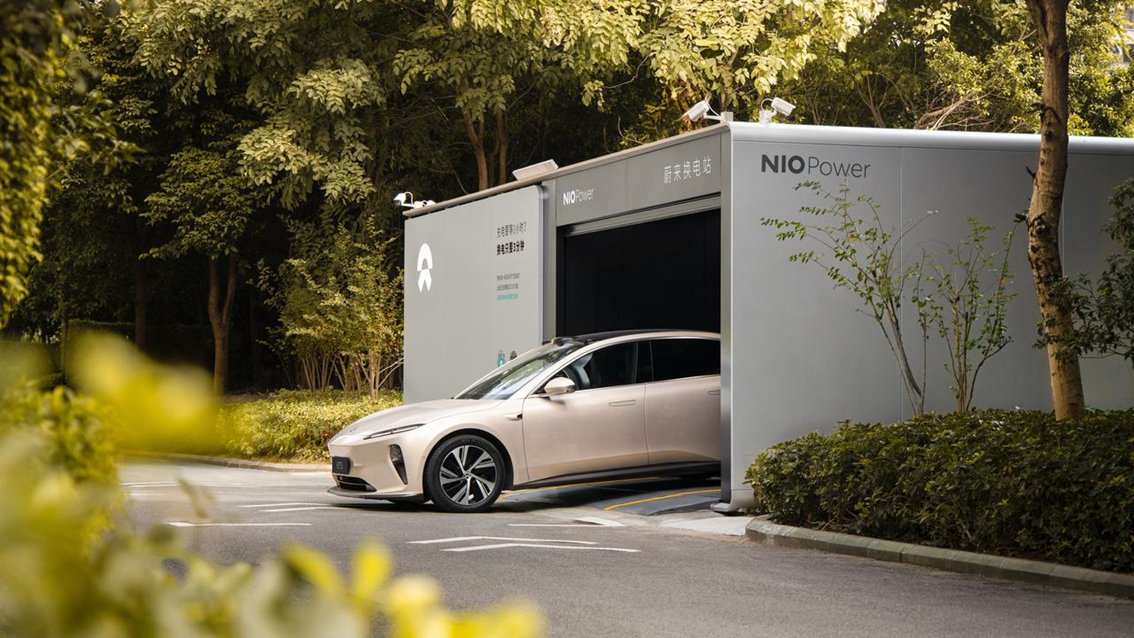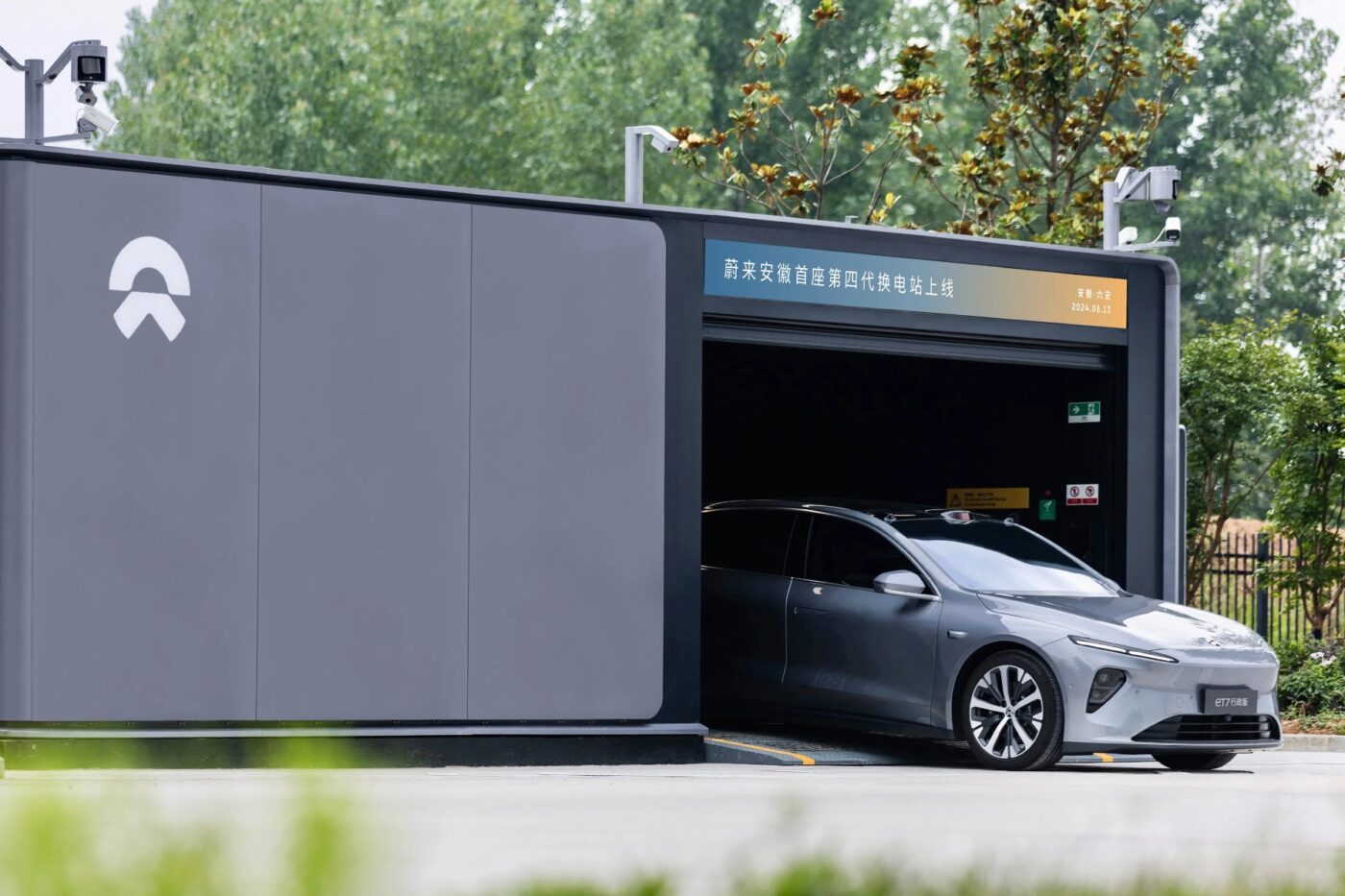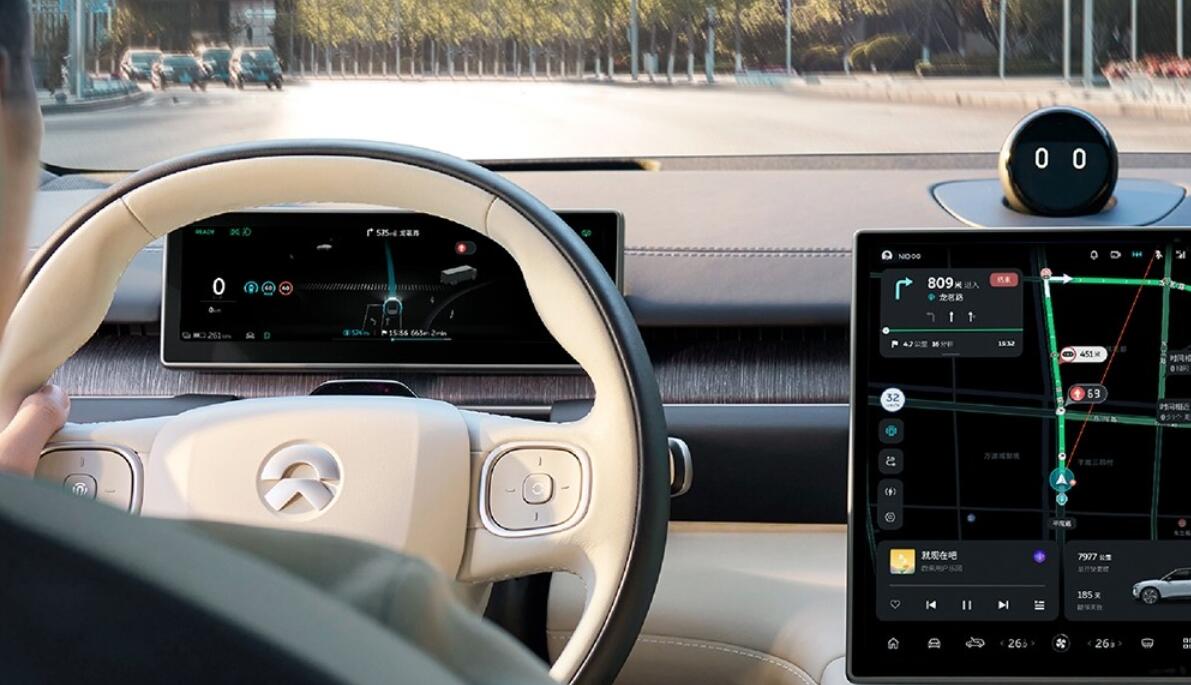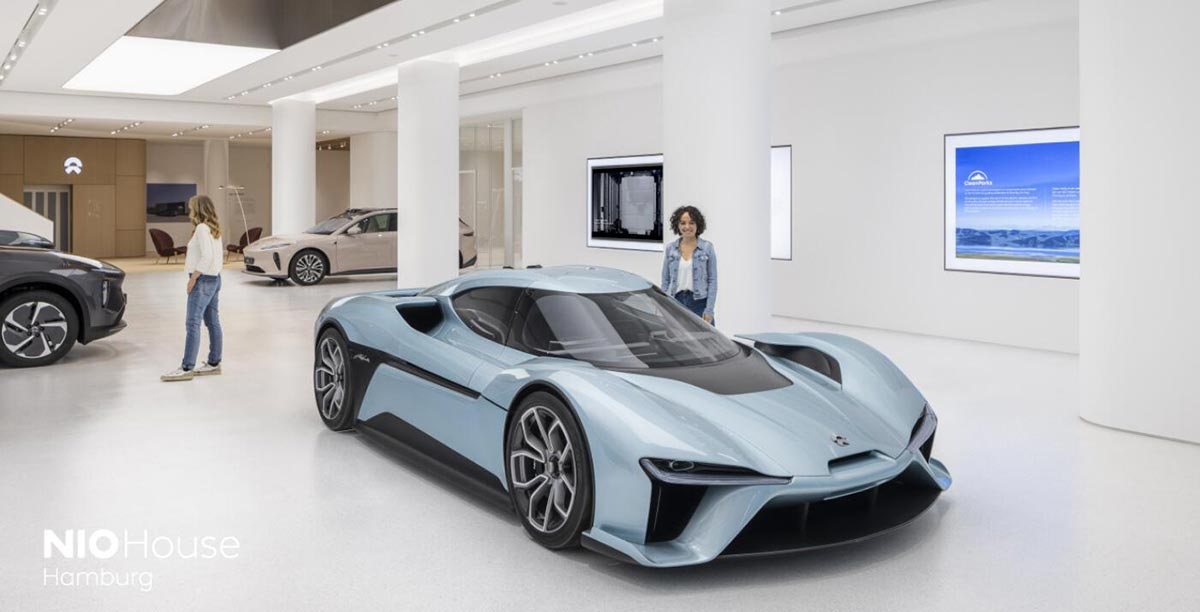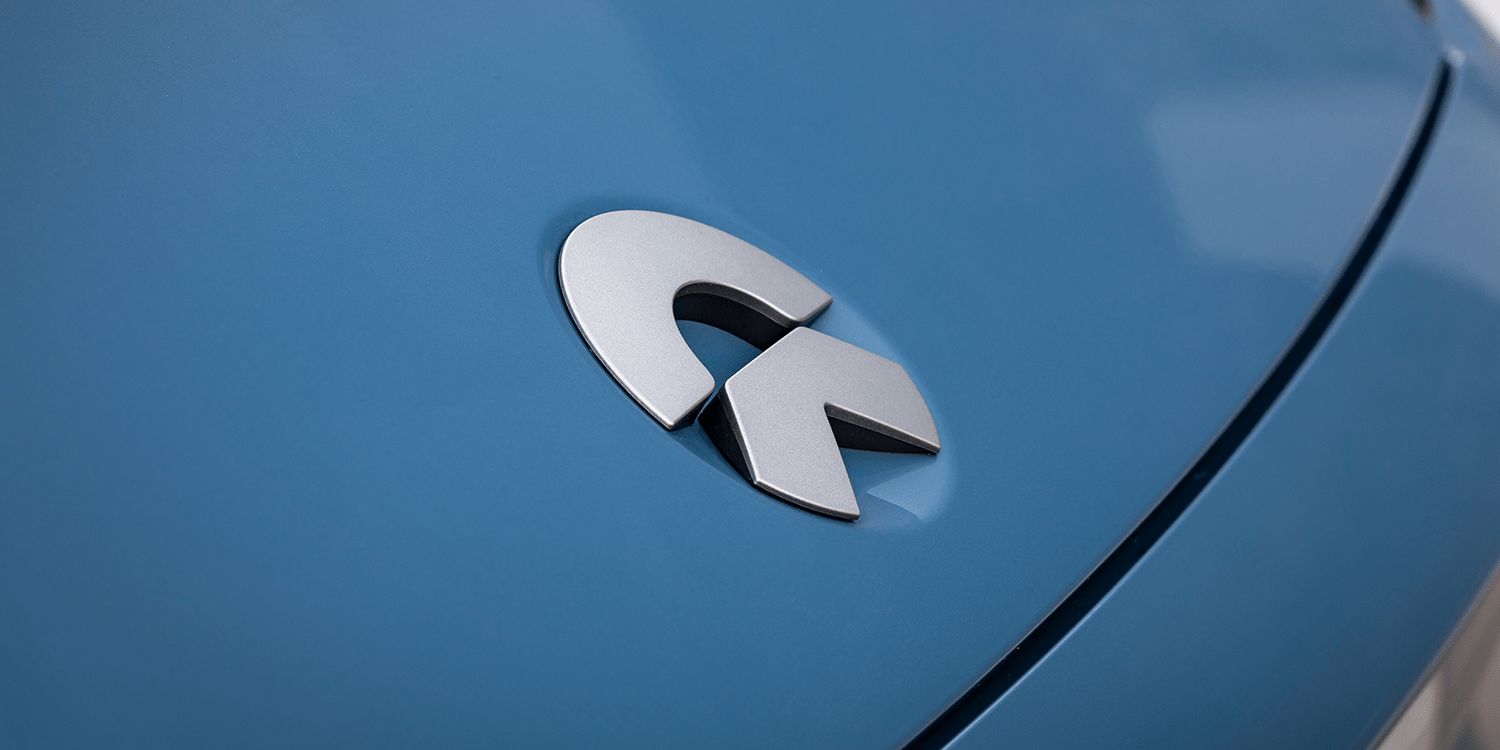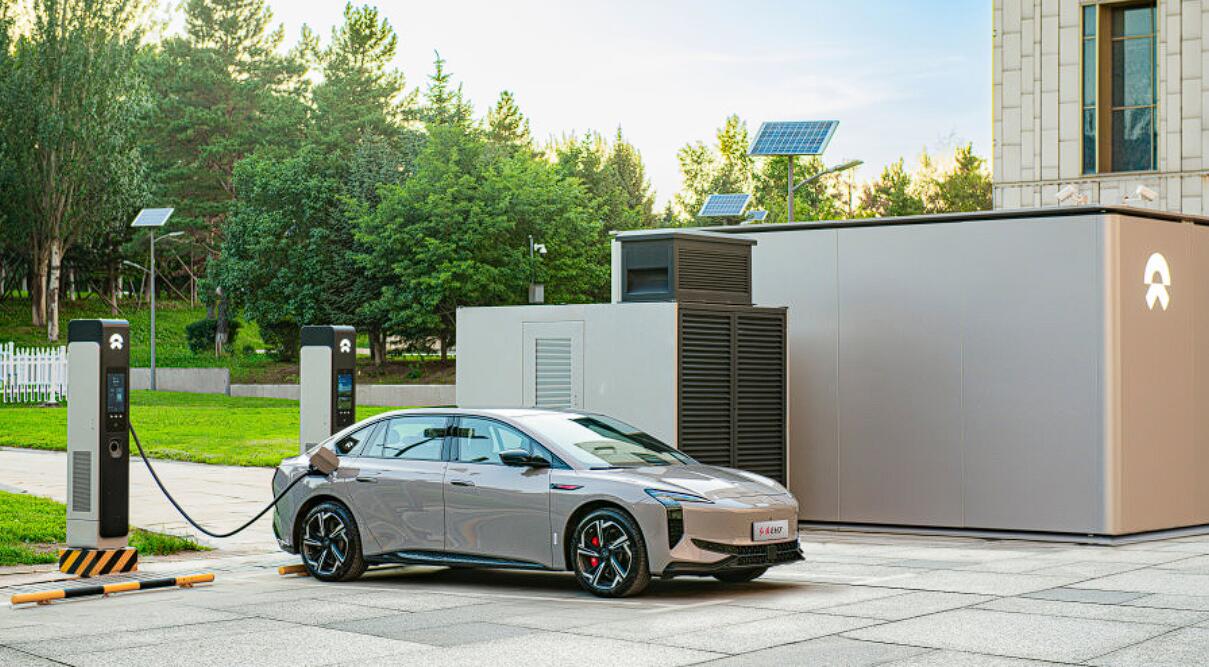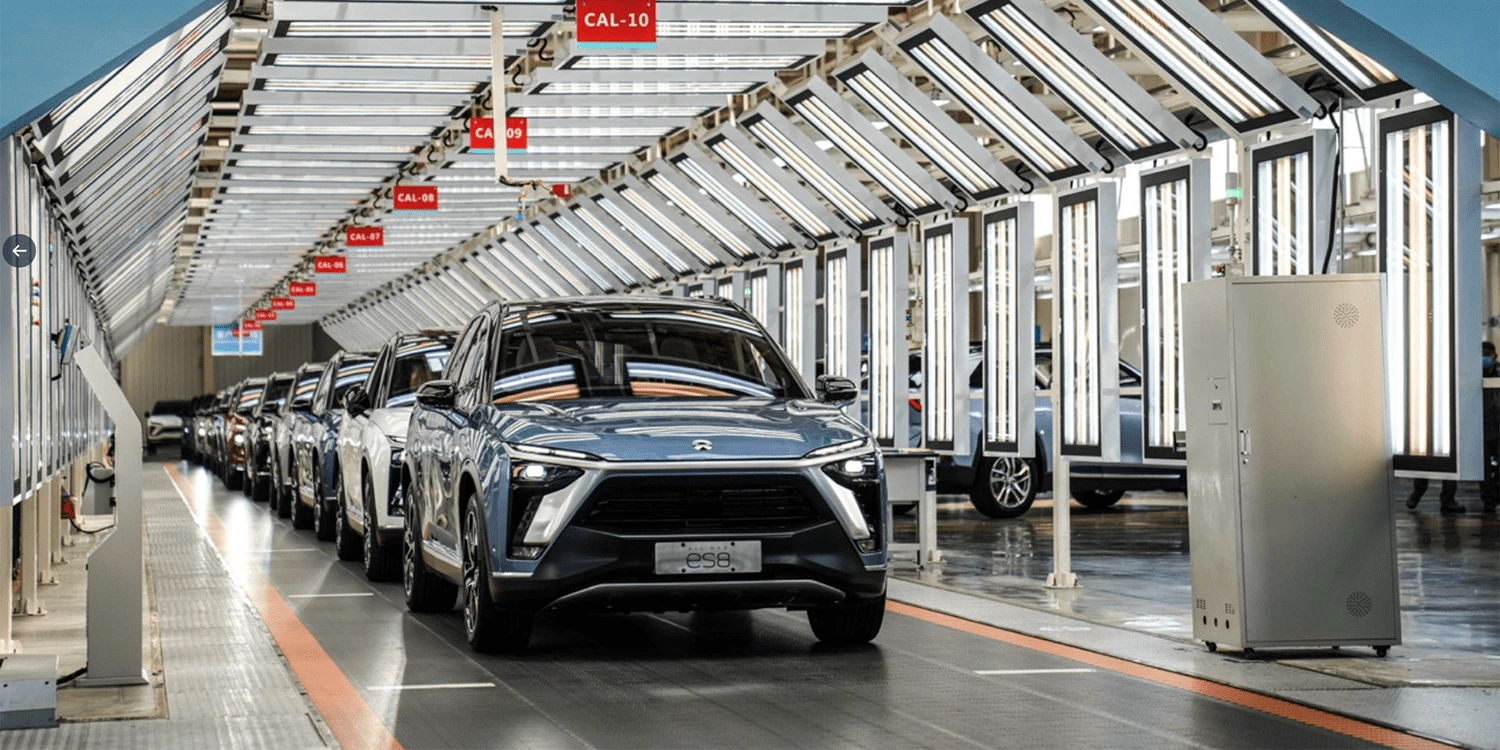Nio, the Chinese electric vehicle manufacturer, faced a challenging start to 2024 with falling sales and increased losses, marking a departure from its previous trend of consistent growth.
In the first quarter of 2024, Nio delivered 30,053 electric vehicles, a 3.2% decrease compared to the same period last year and a significant 39.9% drop from the previous quarter (Q4/2023) when it delivered 50,045 electric cars. The company’s record quarter was in Q3/2023 with over 55,000 deliveries.
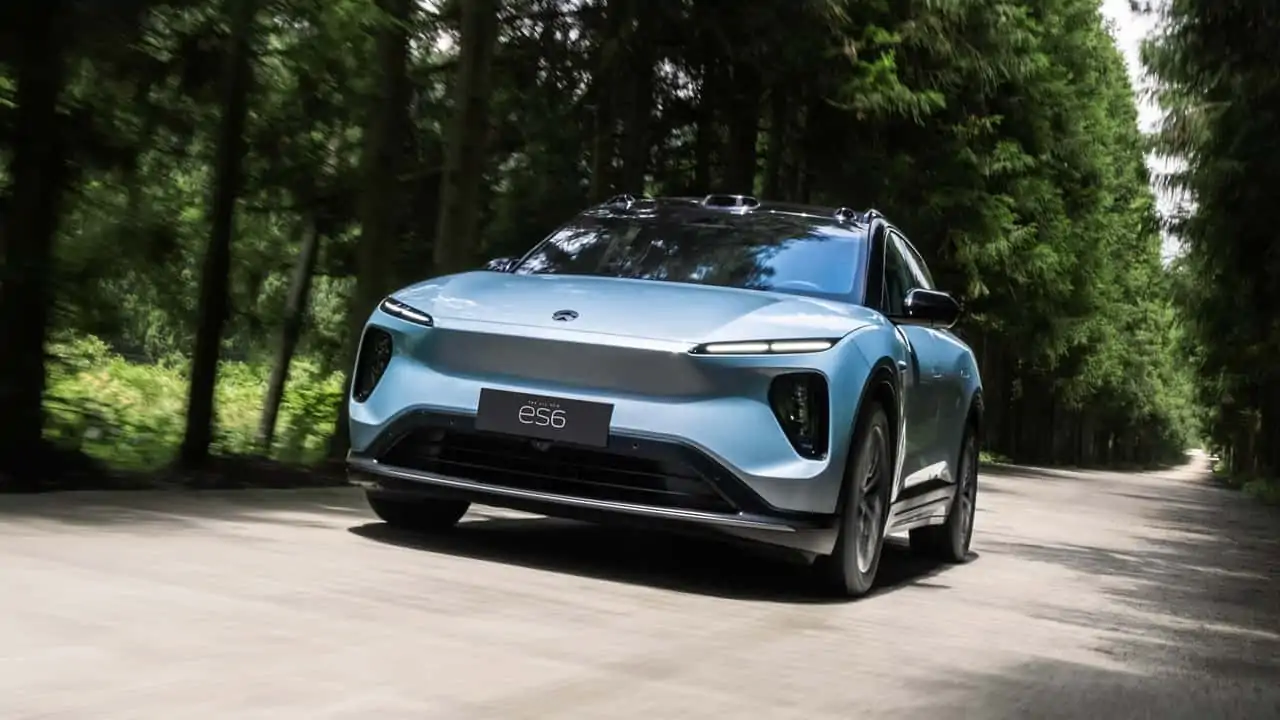
The second-quarter figures will be closely watched, as Q2 has historically been Nio’s weakest quarter in the past two years, with deliveries ranging between 23,500 and 25,000 vehicles. However, there is optimism for Q2/2024 as April and May saw increased deliveries, with 15,620 vehicles delivered in April and 20,544 in May, totaling over 36,000 units by the end of May.
The decline in sales also affected Nio’s revenue, which fell by 7.2% to around 9.9 billion yuan (1.3 billion euros) compared to the first quarter of 2023, and by 42.1% compared to the fourth quarter of 2023. Despite efforts to control costs, Nio reported a net loss of just under 5.2 billion yuan (667 million euros) in the first quarter of 2024, representing a 9.4% increase from the same period last year.
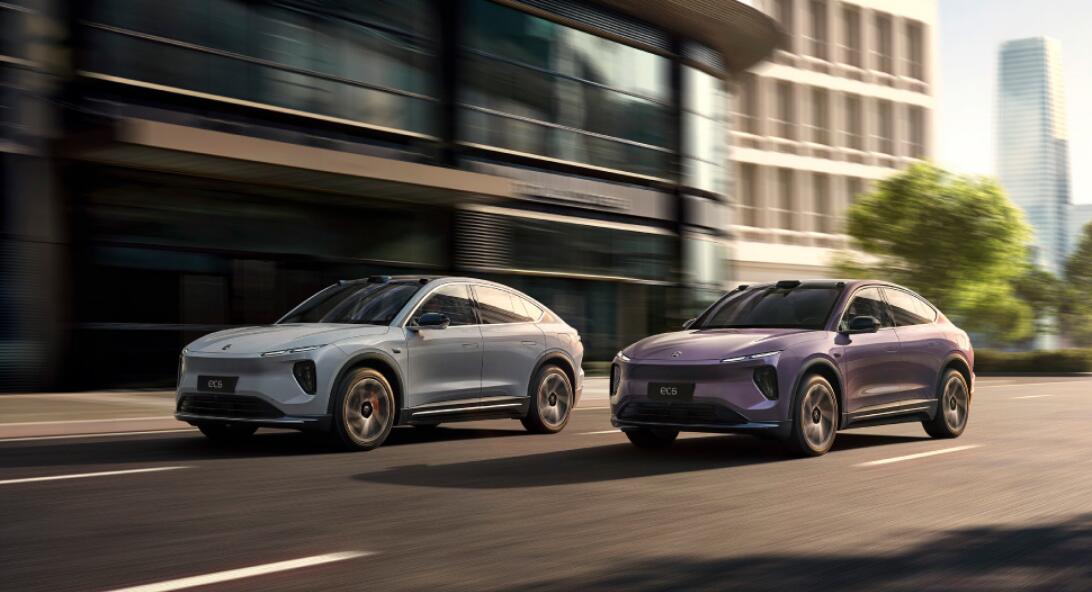
Nio’s CEO and founder, William Li, highlighted the company’s ongoing investments in production, the new sub-brand Onvo for affordable electric cars, and product enhancements. He noted, “In April 2024, we launched the 2024 ET7 Executive Edition, featuring 180 upgrades tailored to the needs of business travelers and professionals, further enhancing our competitiveness in the premium sedan market.”
Steven Wei Feng, Nio’s chief financial officer, emphasized the company’s focus on operational efficiency and cost management, stating, “We are continuously enhancing the operational efficiency of our power and service network and aim to consistently extend our services to a wider user base.” He also highlighted Nio’s strategic partnerships with seven automakers in China to promote the standardization and adoption of battery swapping technologies.

